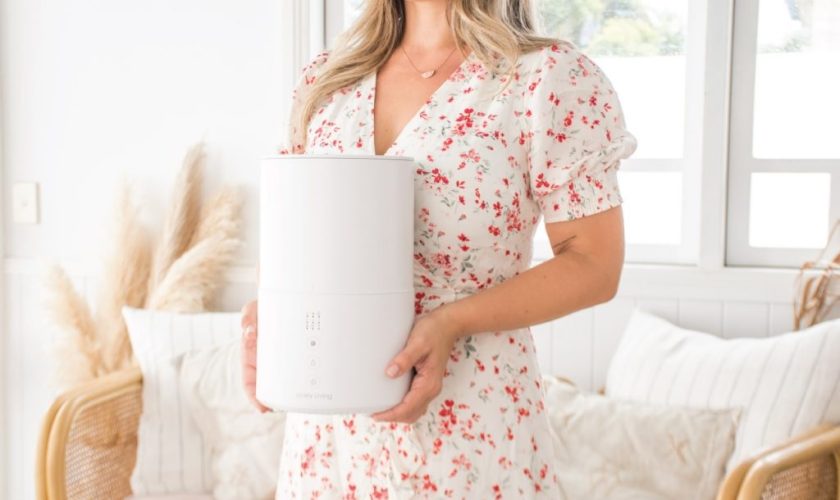Indoor air quality can often be worse than outdoor air due to pollutants like dust, pet dander, smoke, and allergens trapped inside homes. Using an air purifier at home is an effective way to reduce these contaminants and create a healthier living environment. Air purifiers work by filtering out tiny particles that can trigger respiratory problems and allergies, ensuring the air you breathe is cleaner and fresher. This is especially important because poor indoor air quality is linked to a variety of health issues, from mild irritation to chronic conditions.
Relief for People with Asthma and Allergies
Air purifiers are particularly beneficial for individuals with asthma or allergies. Asthma sufferers are sensitive to airborne irritants such as dust mites, mold spores, and pet dander, which can cause flare-ups and breathing difficulties. High-efficiency particulate air (HEPA) filters capture these microscopic particles, reducing their presence in the air. For allergy sufferers, air purifiers minimize exposure to common triggers like pollen and dust, which helps decrease symptoms such as sneezing, itchy eyes, and nasal congestion. Consistent use of an air purifier can make living spaces more comfortable and lower the frequency of asthma attacks and allergic reactions. But what does an air purifier do more?
Combating Smoke and Odors
Another significant health benefit of air purifiers is their ability to reduce smoke and unpleasant odors in the home. Whether it’s tobacco smoke, cooking fumes, or wildfire smoke, airborne particles from combustion are harmful to the lungs and overall health. Air purifiers equipped with activated carbon filters absorb smoke and neutralize odors, preventing them from lingering indoors. This is especially helpful for households with smokers, pet owners, or those living in areas prone to wildfires. Cleaner air means less irritation of the respiratory tract and a more pleasant living environment.
Supporting Respiratory Health Beyond Allergies
Even for people without diagnosed respiratory conditions, an air purifier can enhance lung health. Breathing in dust, mold spores, and other airborne pollutants over time can lead to chronic inflammation and weaken the immune system. By continuously filtering the air, purifiers reduce the risk of respiratory infections and help maintain clear airways. This is particularly important for children, the elderly, and those with compromised immune systems. Cleaner air contributes to better sleep quality and overall well-being by reducing nighttime coughing, congestion, and irritation.
Creating a Healthier Home Environment for Everyone
In summary, air purifiers offer a range of health benefits that improve indoor air quality and support respiratory health for the whole family. From alleviating asthma and allergy symptoms to combating smoke and odors, these devices are valuable tools for anyone seeking cleaner, fresher air at home. For maximum benefit, it’s important to choose an air purifier with appropriate coverage for your space and to maintain it regularly by replacing filters as recommended. Investing in a quality air purifier is a proactive step toward a healthier living environment and enhanced quality of life.

